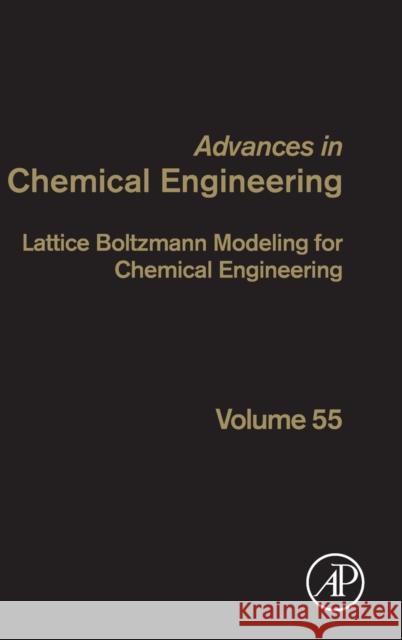Lattice Boltzmann Modeling for Chemical Engineering: Volume 55 » książka
topmenu
Lattice Boltzmann Modeling for Chemical Engineering: Volume 55
ISBN-13: 9780128198438 / Angielski / Twarda / 2020 / 318 str.
Kategorie:
Kategorie BISAC:
Wydawca:
Academic Press
Seria wydawnicza:
Język:
Angielski
ISBN-13:
9780128198438
Rok wydania:
2020
Numer serii:
001080458
Ilość stron:
318
Waga:
0.59 kg
Wymiary:
22.86 x 15.24 x 1.91
Oprawa:
Twarda
Wolumenów:
01
Dodatkowe informacje:
Bibliografia











